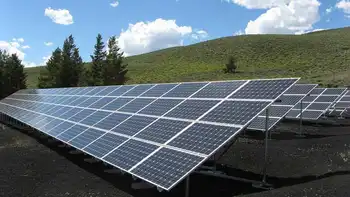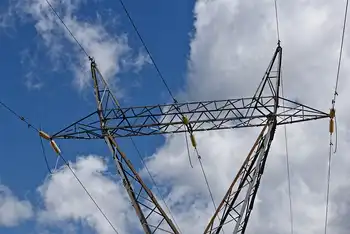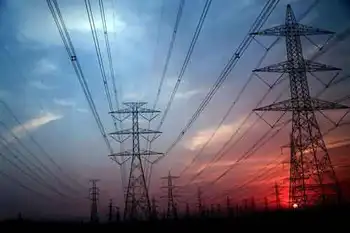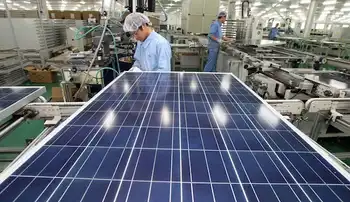Ontario's Electricity Supply Secure For The Next Decade
"Based on the existing electrical facilities we have and proposed additions, Ontario has a reliable supply of electricity for the next decade or more -- under a wide-variety of circumstances," says the IMOÂ’s Chief Operating Officer, Paul Murphy.
The findings are outlined in the IMOÂ’s 10-year Outlook , a report produced annually that looks at provincial demands for electricity and the ability of the electrical system to meet those needs over the next decade. The document considers a number of planning scenarios that reflect various assumptions related to electricity demand growth, generating station availability, and the construction of new facilities.
"With average electricity use growth, the current and committed new resources are sufficient to meet Ontario demands for much of the 10 year planning cycle," explains Murphy. "There is a need for additional resources during the latter half of the next 10 years as well as on-going opportunities to improve the efficiency of the Ontario market."
Private investors have proposed to build approximately $3 billion worth of new facilities in Ontario once the competitive marketplace is opened.
The Independent Electricity Market Operator (IMO) manages the flow of electricity to local distribution utilities and major wholesale customers in Ontario. IMO system operators instantaneously match the production of power to the needs of 11 million Ontarians every day.
Related News

Is Ontario embracing clean power?
TORONTO - After cancelling hundreds of renewable power projects four years ago, the Doug Ford government appears set to expand clean energy to meet a looming electricity shortfall.
Recent announcements from Ontario Energy Minister Todd Smith and the province’s electric grid management agency suggest the province plans to expand low-CO2 electricity in the long-term, even as it ramps up gas-fired power over the next five years.
The moves are in response to an impending electricity shortfall as climate-conscious drivers switch to electric vehicles, farmers replace field crops with greenhouses and companies like ArcelorMittal Dofasco in Hamilton switch from CO2-heavy manufacturing to electricity-based…




